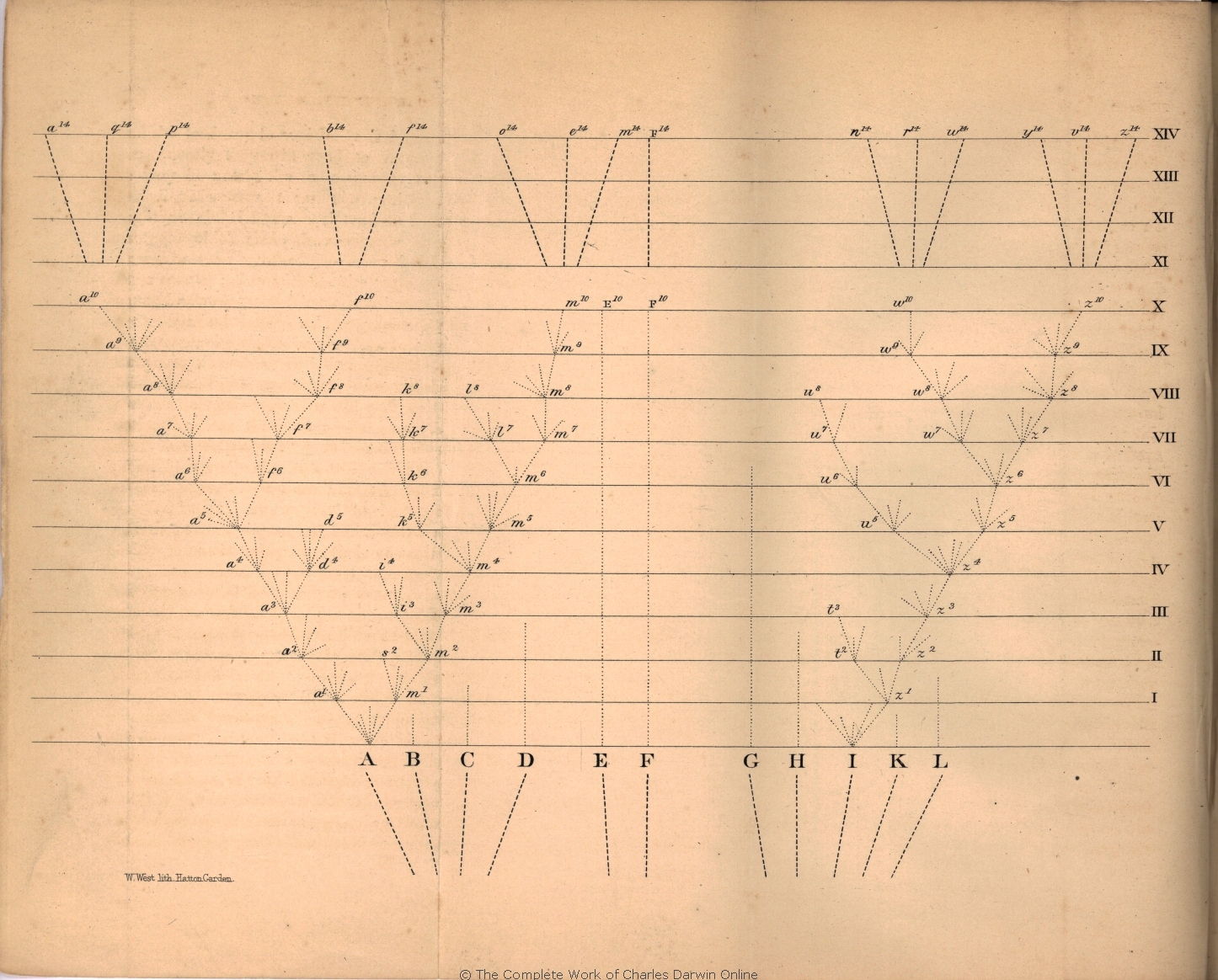One of the stated goals of the paper is to encourage future research into "the analysis of communities as role ecologies."
As my contribution to that goal, I'd like to point out another notable paper: “Network Role Analysis in the Study of Food Webs: An Application of Regular Role Coloration” published by Johnson, Borgatti, Luczkovich and Everett in 2003.
Johnson et al also state their goal clearly: "With this paper we hope to begin a dialogue between the fields [of ecosystem ecology and social network analysis], by applying advanced social role theory and methods to the study of food webs. "
I am a bit puzzled that those who would encourage future research into the analysis of communities as role ecologies do not cite the work that actual ecologists are doing in network role analysis. Perhaps if I knew more sociology or more ecology I would appreciate the reasons for this.
However it works out, it would be fitting if two different camps researching "role ecologies" were to find themselves at a loss to cross-fertilize. For as we celebrate the extended 200th birthday of Charles Darwin, author of "On the Origin of Species," let us note that one of the most practical definitions of a species is this: a population of organisms that can create offspring with their cohorts but not with anyone else. In other words, once a species comes to exist, never again will it cross-fertilize with other species. The result is Darwin's famous "Tree of Life," the one and only figure in his most famous book:
 As I learned while reading Darwin's 200th essays in the NY Times last week, the one-way branching of this tree -- the permanent disabling of cross-fertilizing -- seems to be closely related to the same genetic mechanisms that protect a species from disease. (Intrepid cross-fertilizers should compare this to Ron Burt's notes on network closure.)
As I learned while reading Darwin's 200th essays in the NY Times last week, the one-way branching of this tree -- the permanent disabling of cross-fertilizing -- seems to be closely related to the same genetic mechanisms that protect a species from disease. (Intrepid cross-fertilizers should compare this to Ron Burt's notes on network closure.)A "tree" is also a very specific kind of network, described very nicely in a recent paper by Skye Bender-deMoll on SNA & human rights. For those still celebrating Darwin's birthday, Bender-deMoll's definition is deliciously ironic: "Trees are hierarchies.... Pure trees are not found very often in naturally-occurring networks, but they are frequently used in classification systems or any situation where a strict hierarchy is imposed." Purposeful classification & hierarchy... just the things that Darwin so controversially discarded from the ecological world-view when he theorized the purposelessness of natural selection.
This work is licensed under a Creative Commons Attribution-ShareAlike 3.0 License and is copyrighted (c) 2009 by Connective Associates LLC except where otherwise noted.


1 comment:
That looks promising. . . these are related
The Keystone Advantage is a great book about how businesses and their product strategies exist inside of a "business ecosystem".
It also may interest you to read The Nature of Economies by Jane Jacobs which talks about the economy as formally similar to ecology (when you look at business development and 'creative destcruction' through the eyes of natural selection).
Post a Comment